Just under one year ago I spoke about “The Difficult Job of Management”. The piece was motivated by the sacking of Roberto Martinez from his job with Everton. At the time of the post, League Managers Association chief Richard Beven had described the last nine months (with reference to the 54 of manager sackings during the 2015-16 season) as "embarrassing season for the sport".
Surely, the sport’s embarrassment reached another level last week when Leicester City sacked league winning coach and FIFA Best Men’s Coach 2016 Claudio Ranieri. The football world has been largely stunned by the decision but should we be surprised? The answer is no.
In last year’s post I presented the illustration below which plots the length of stay of all permanent managers hired during the Premier League era. An updated version is now presented.
A closer look at five-year intervals since 1992 (start of the EPL) also makes for interesting reading.
During the first five years of the Premier League the average length of stay for a manager was 1,106 days. That’s more than three full seasons. This has declined in each interval, and today is just over one season. The median value of managerial tenure over the past five years is less than one season!
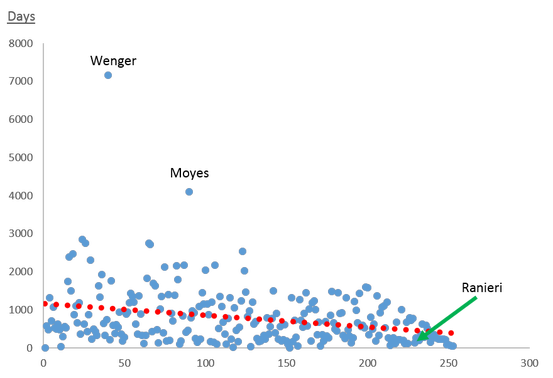

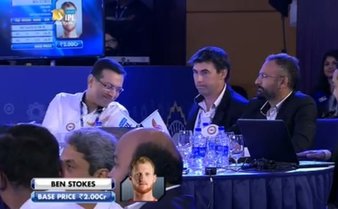
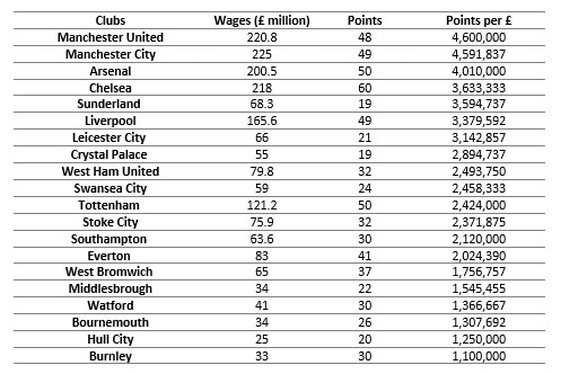
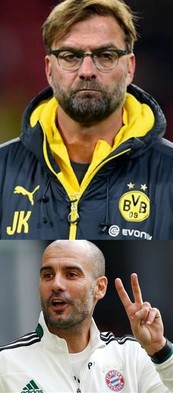


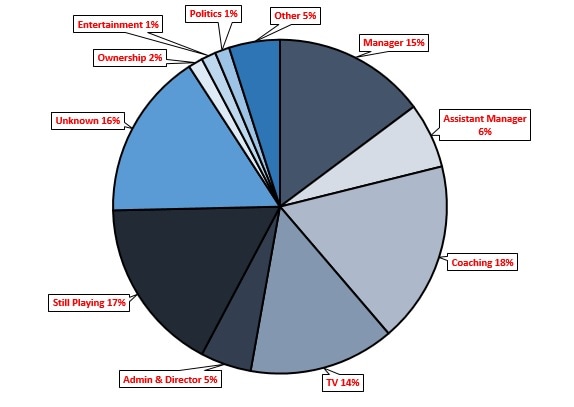
 RSS Feed
RSS Feed